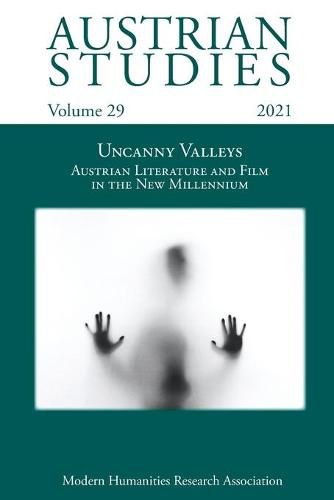Readings Newsletter
Become a Readings Member to make your shopping experience even easier.
Sign in or sign up for free!
You’re not far away from qualifying for FREE standard shipping within Australia
You’ve qualified for FREE standard shipping within Australia
The cart is loading…






This title is printed to order. This book may have been self-published. If so, we cannot guarantee the quality of the content. In the main most books will have gone through the editing process however some may not. We therefore suggest that you be aware of this before ordering this book. If in doubt check either the author or publisher’s details as we are unable to accept any returns unless they are faulty. Please contact us if you have any questions.
Austrian cultural production after 1945 has been enduringly haunted by unsavoury truths. The fraught relationship of post-war Austria with its own history and the collective denial of responsibility for National Socialist crimes informed a cultural discourse that was polarized between apologetic or extremely judgmental viewpoints (Fliedl 1998). Towards the turn of the new millennium, however, research began to discern alternatives in the steadily growing number of phenomena and artefacts that accept the uncanny core of a dialectical, integrative approach to Austria’s difficult history (W.G. Sebald 1991).
$9.00 standard shipping within Australia
FREE standard shipping within Australia for orders over $100.00
Express & International shipping calculated at checkout
This title is printed to order. This book may have been self-published. If so, we cannot guarantee the quality of the content. In the main most books will have gone through the editing process however some may not. We therefore suggest that you be aware of this before ordering this book. If in doubt check either the author or publisher’s details as we are unable to accept any returns unless they are faulty. Please contact us if you have any questions.
Austrian cultural production after 1945 has been enduringly haunted by unsavoury truths. The fraught relationship of post-war Austria with its own history and the collective denial of responsibility for National Socialist crimes informed a cultural discourse that was polarized between apologetic or extremely judgmental viewpoints (Fliedl 1998). Towards the turn of the new millennium, however, research began to discern alternatives in the steadily growing number of phenomena and artefacts that accept the uncanny core of a dialectical, integrative approach to Austria’s difficult history (W.G. Sebald 1991).